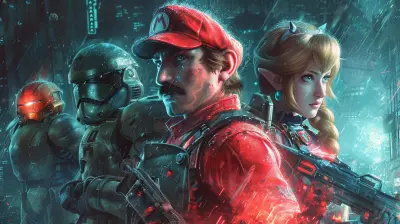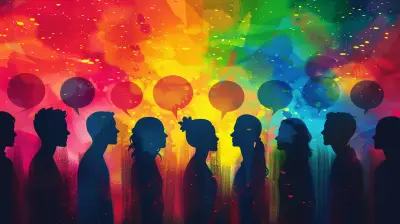How Social Games Boost Mental Wellness Through Interaction
17 October 2025
In today’s fast-paced, tech-driven world, many of us are guilty of spending too much time glued to screens. But let’s pause for a second—what if I told you that some of that screen time could actually boost your mental wellness? Yep, I’m talking about social games. Those multiplayer games you play with friends—or even complete strangers—are more than just a way to kill time. They’re a powerful tool for connection, creativity, and mental health.
Let’s dive into the fascinating ways social games are helping people stay sane, keep anxiety at bay, and build stronger bonds with others. 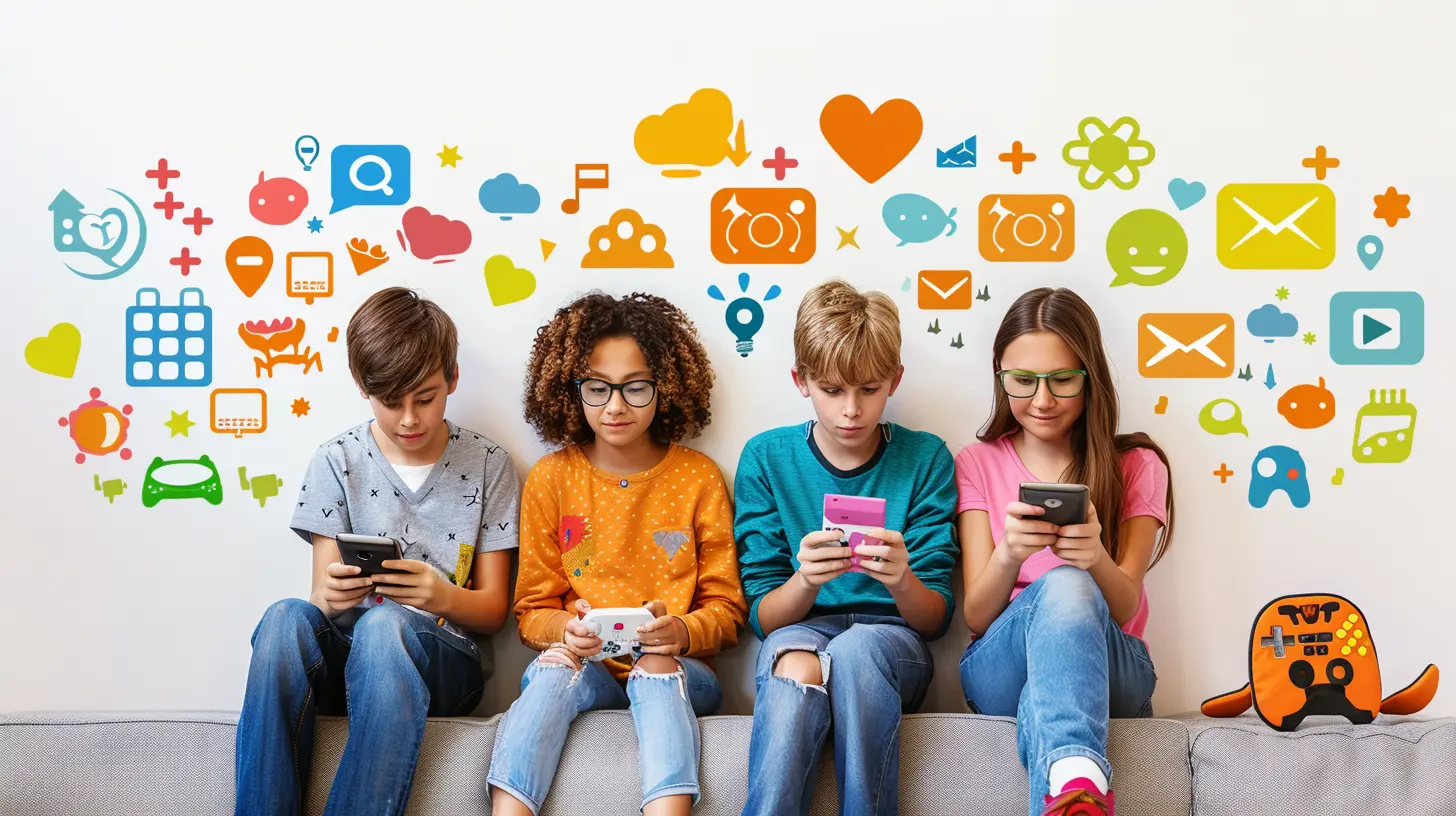
What Are Social Games Anyway?
Social games are multiplayer games designed to encourage interaction and collaboration between players. Think about games like Among Us, Words With Friends, or Fortnite. The essence of social gaming lies in its core purpose: it’s not just about leveling up; it’s also about building communities.Unlike solo video games, which can sometimes feel isolating, social games encourage communication, teamwork, and, most importantly, fun. And while we often associate gaming with entertainment, there’s a growing body of evidence suggesting these games have a serious impact on mental well-being. 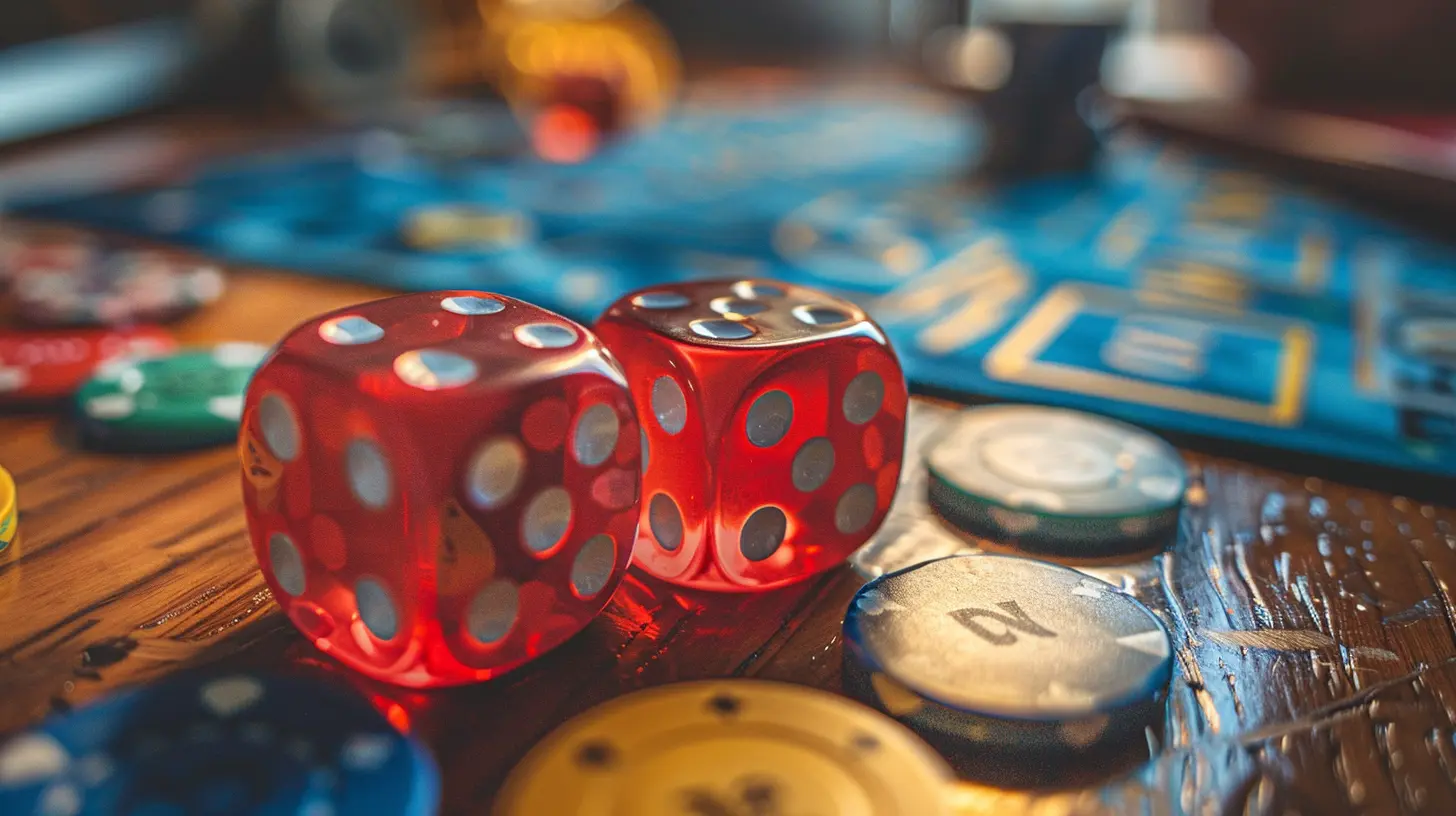
How Interaction Drives Mental Wellness
So, what’s the magic behind social games? It all comes down to one thing—interaction. Humans are social creatures—we thrive when we connect with others. But with the rise of remote work and digital lifestyles, genuine human connection has taken a backseat. Social games step in to fill that gap.Here are some ways these games work wonders for your mental health:
1. Reducing Stress and Anxiety
Life can be a rollercoaster of stress, am I right? Between work, school, relationships, and, oh yeah, living through a pandemic, stress levels are at an all-time high. Social games act as a welcome escape hatch.When you immerse yourself in a game, you’re giving your brain a much-needed break. And the social aspect? It’s like having a virtual support group. Whether you're laughing over a game of UNO Online or strategizing with teammates in League of Legends, these interactions can help you de-stress and feel supported.
> Think of it like getting a mental massage—it’s relaxing and recharges your brain.
2. Combating Loneliness
Ever felt like you’re alone in a crowded room? You’re not alone (ironic, right?). Loneliness is a major issue, especially in today’s hyper-connected yet disconnected world. Social games are like the ultimate icebreaker—they create an instant sense of community.Whether you’re bonding over inside jokes with gaming buddies or meeting new friends in an online squad, these interactions reduce feelings of isolation. Even if you’re sitting in your pajamas at home, you’re still part of a team, a clan, or a guild.
> It’s like hanging out at a virtual coffee shop, except instead of sipping lattes, you’re slaying dragons.
3. Boosting Cognitive Skills
Did you know playing social games can make you smarter? It’s true! Many of these games require strategic thinking, decision-making, and problem-solving. You’re not just clicking buttons; you’re exercising your brain.Take a game like Minecraft, for example. Players collaborate to build intricate structures, solve complex puzzles, and survive challenging scenarios. This kind of gameplay enhances cognitive flexibility, improves focus, and sharpens memory.
> It’s like doing a mental workout at the gym, but way more fun.
4. Improving Communication Skills
Let’s face it: good communication is an art, and social games are like your practice canvas. From coordinating attacks in Call of Duty to debating strategies in Among Us, games often require clear, effective communication.Over time, you’ll get better at expressing your thoughts, listening to others, and working through conflicts. These are life skills that extend beyond the game, helping you in work, relationships, and social settings.
> Think of it as a crash course in teamwork where everyone’s a teacher.
5. Enhancing Empathy and Social Bonds
Playing social games isn’t just about crushing the competition—it’s about connecting with others on a deeper level. When you play cooperative games, you learn to support one another, share victories, and deal with setbacks as a team.Games like It Takes Two or Animal Crossing create opportunities to understand others’ perspectives and build empathy. These experiences foster trust and strengthen relationships—whether they’re with your best friend or a random player halfway across the world.
> It’s a bit like baking cookies together—you’re combining ingredients (skills) to create something sweet and satisfying. 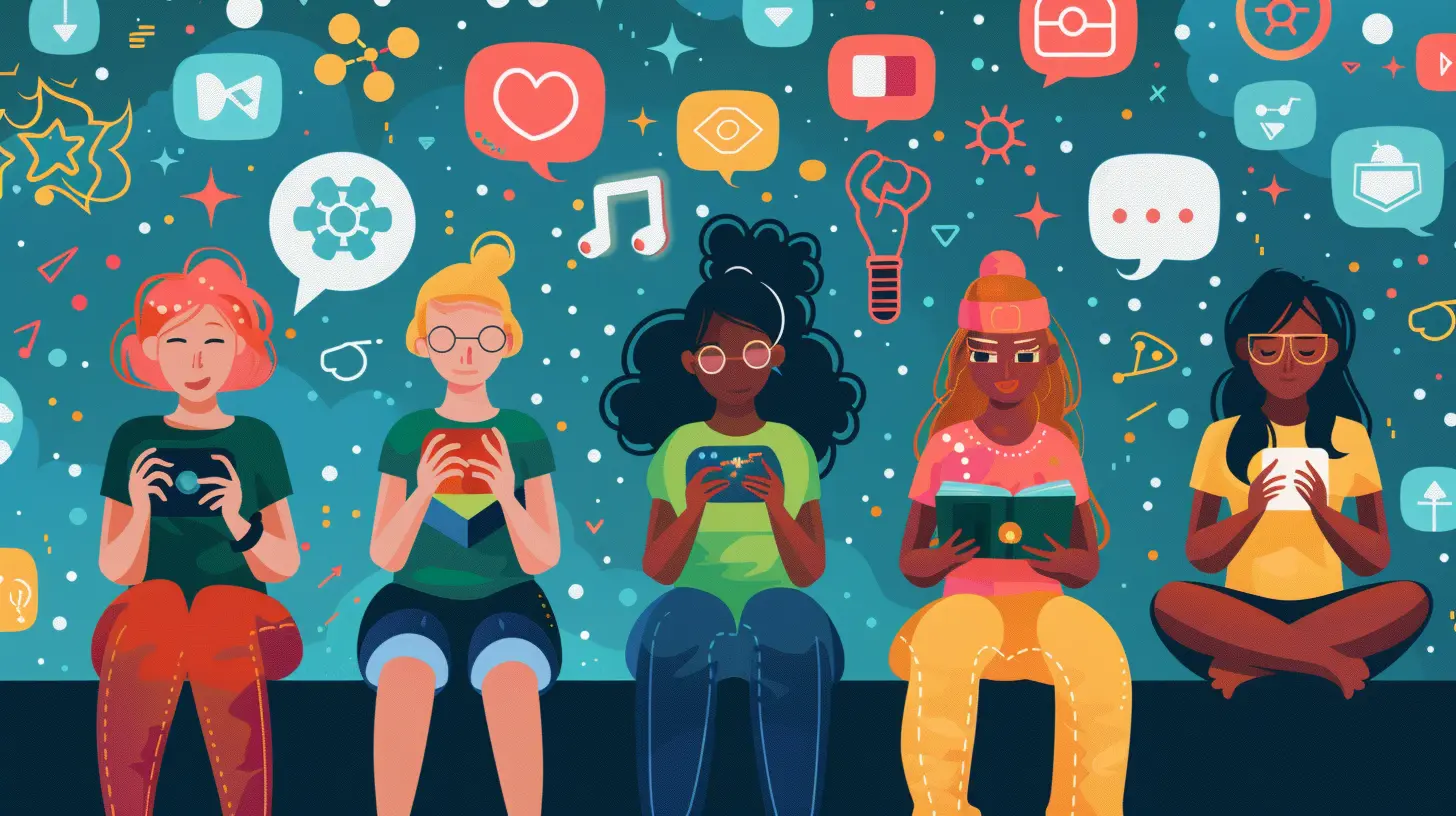
Why Social Games Are a Lifeline for Mental Health
Still skeptical about the impact of social games? Let’s look at some real-world examples.During the global lockdowns, many turned to games like Animal Crossing: New Horizons to stay connected. Instead of physical meetups, people visited each other’s virtual islands, building bonds and reducing feelings of isolation.
Even organizations are catching on. Mental health charities are now using social games to create safe spaces for people to talk, share, and connect. And with the rise of mobile games, you don’t even need a fancy console or gaming rig to join the fun—your smartphone works just fine! 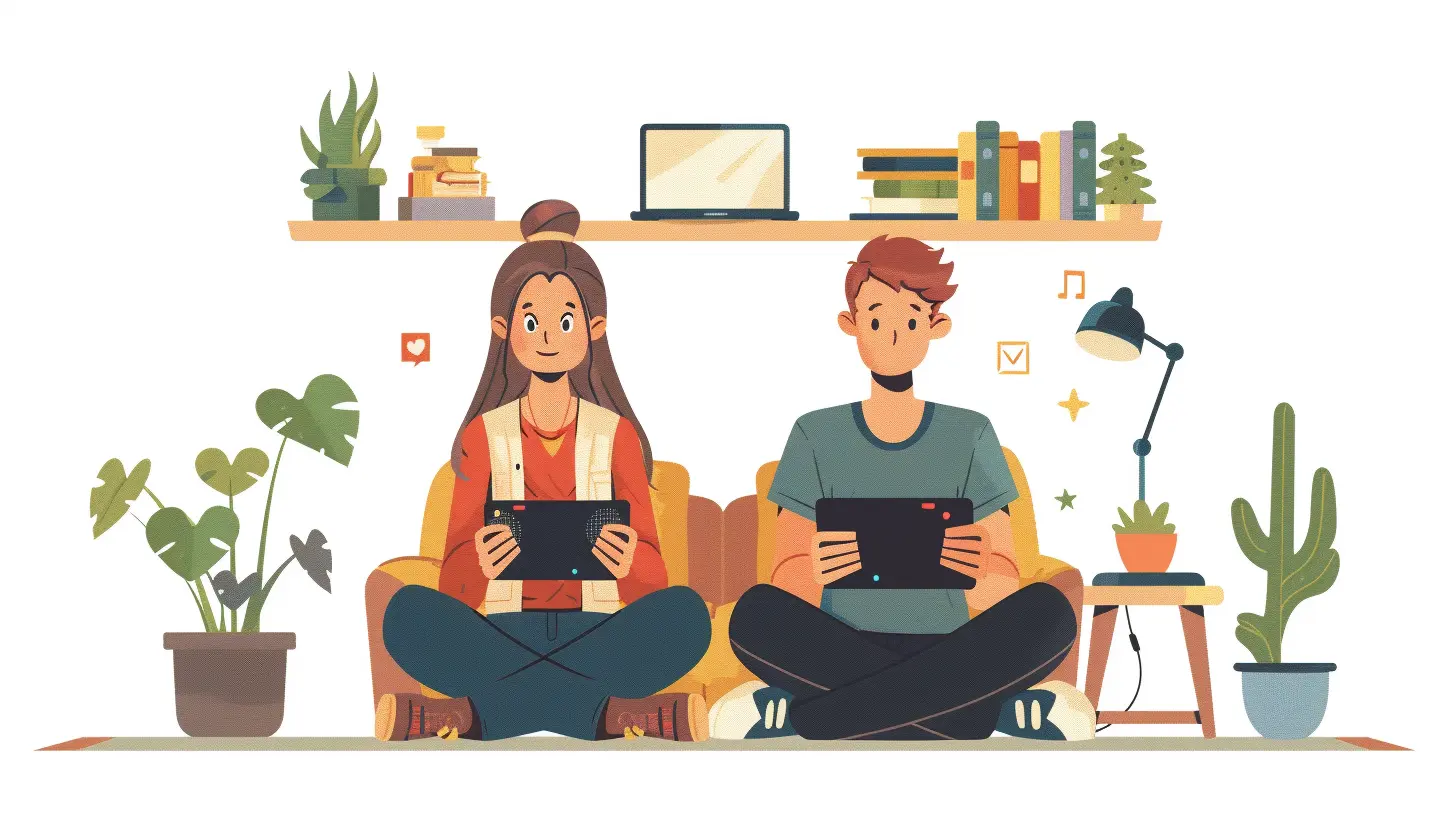
Tips for Maximizing the Benefits of Social Games
Now that you’re sold on the idea of social gaming, here’s how to make the most of it:- Choose games with a social component: Look for games that encourage teamwork or friendships. Skip the ones that are overly competitive or stressful.
- Set boundaries: Gaming is awesome, but moderation matters. Don’t let it disrupt your sleep, work, or relationships.
- Engage with real friends: Invite your real-life friends to play. Shared experiences strengthen your existing bonds.
- Be open to new connections: Don’t shy away from interacting with strangers in games—you could end up making lifelong friends.
- Focus on fun, not winning: Remember, it’s all about enjoyment, not perfection.
The Future of Social Gaming and Mental Wellness
As technology continues to evolve, social games are only going to get better. Virtual reality (VR) and augmented reality (AR) are already transforming the way we play, offering even more immersive and interactive experiences.Imagine playing a VR game that feels so real it’s like stepping into another world. Or an AR game that encourages you to explore your surroundings while making new friends. The possibilities are endless, and the mental health benefits? Well, they’re just going to keep growing.
Wrapping It Up
So, there you have it—social games aren’t just mindless entertainment; they’re a lifeline for mental wellness. By fostering connection, reducing stress, and building essential life skills, they help us navigate the challenges of modern living.The next time someone tells you to put down the controller, you can confidently say, “I’m actually taking care of my mental health!”
Now, fire up your favorite social game and get ready to interact, laugh, strategize, and (most importantly) feel good. After all, life’s too short to go it alone—why not level up together?
all images in this post were generated using AI tools
Category:
Social GamesAuthor:

Emery Larsen
Discussion
rate this article
2 comments
Misty Sanders
Social games truly enhance mental wellness through connection.
February 26, 2026 at 3:44 AM

Emery Larsen
Thank you for your comment! I completely agree—social games foster connections that can significantly improve mental wellness.
Holly Hamilton
Great insights! Social games definitely foster connections and enhance mental wellness through interactive play.
October 18, 2025 at 3:31 PM

Emery Larsen
Thank you! I'm glad you found the insights valuable. Social games truly create meaningful connections that promote mental wellness.

